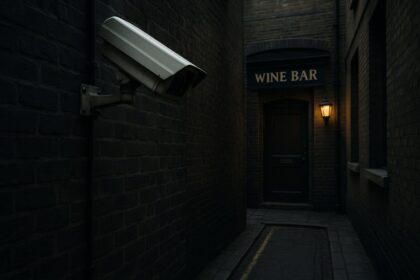The implementation of the Hate Crime and Public Order (Scotland) Act has ignited controversy over its approach to combating hate crimes, with critics voicing apprehensions about the impact on free speech and policing resources.
On April 1st, the Hate Crime and Public Order (Scotland) Act came into effect, igniting a debate across Scotland. A public information campaign, employing a character known as the “hate monster”, quickly drew criticism for its approach to communicating the seriousness of hate crimes. Critics, including former Scottish Labour leader Johann Lamont, deemed the campaign “puerile” and accused it of trivialising the issue.
First Minister Humza Yousaf, who was instrumental in the bill’s passage, defended the legislation, arguing it is vital for fostering a more inclusive and tolerant society in Scotland. The act aims to underline the unacceptability of prejudice-driven offences, yet concerns about its enforcement have emerged. Police Scotland has committed to investigating every hate crime report, sparking fears among some, like Scottish National Party MP Joanna Cherry, that the law could be misused to penalize dissenting voices.
Concerns have also been raised regarding police resources and the potential for the system to be overwhelmed by minor complaints. Roddy Dunlop KC, representing the Faculty of Advocates, highlighted the need for clarification on the handling of hate crime data.
The introduction of this legislation places Scotland at the forefront of the ongoing UK-wide discussion on balancing freedom of speech with the imperative to counteract hate-driven behaviors. The effectiveness of the Hate Crime and Public Order (Scotland) Act in achieving this balance, while avoiding the pitfalls of overreach and resource strain, remains to be observed.













